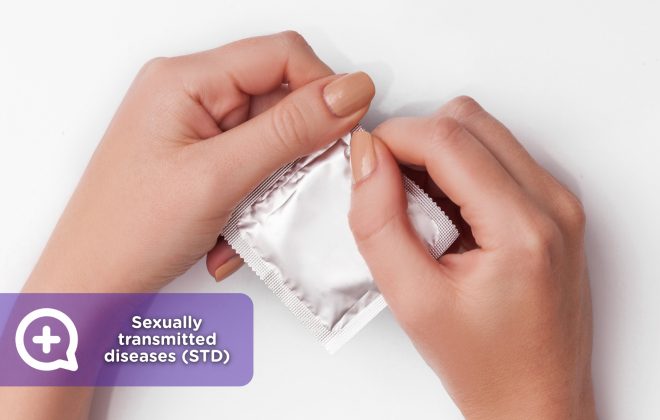We have all heard about the thyroid, but few know that this gland is essential for our health.
“I have a thyroid” we usually say to explain that we have a disease of the gland, when really we all have a thyroid. It is a kind of clock that marks the rhythm of an organism.
Located at the base of the neck and under the “Adam’s apple”, the thyroid gland measures about 5 cm in diameter, has two lobes, weighs about 15 grams and has the shape of a butterfly.
It’s primary function is to produce the thyroid hormones (known as T3 and T4) that are poured into the blood and distributed throughout the body. These hormones intervene in the use of energy, the maintenance of body temperature and make all organs work correctly.
What is thyroid disease?
At present, according to the Spanish Society of Endocrinology and Nutrition (SEEN), one in every ten spanish has a thyroid problem. It is more frequent in women and in people older than 50 years. When this gland produces too many hormones, the body uses the energy faster than normal, giving rise to what we know as hyperthyroidism; whereas, when it does not generate enough, the effect is inverse, causing what we know as hypothyroidism. Here are the most frequent symptoms:
HYPERTHYROIDISM
- Nervousness, the jitters
- Irritability
- Excessive sweating
- Insomnia
- Weight loss
- Fatigue
- Sensitivity to heat
HYPOTHYROIDISM
- Exhaustion
- Drowsiness
- Loss of attention and memory
- Weight gain
- Dry skin
- Muscle weakness
- Hair loss
- Sensitivity to cold
- Menstrual problems
The most common causes of hypothyroidism are: chronic autoimmune thyroiditis (known as Hashimoto), iodine deficiency in the diet, surgery of the thyroid gland and treatment with radioactive iodine to reduce hormone production.
The most common causes of hyperthyroidism are: Graves’ disease, inflammation of the thyroid gland and tumors. There are other conditions that alter the gland, such as goiter (enlarged thyroid), thyroid cancer, nodules or thyroiditis, among others.
How to treat thyroid disease?
If you have some of the mentioned symptoms, it is important to consult with your endocrinologist, who will ask for a blood test, a neck ultrasound and a physical examination. The treatment will depend on the cause and on the severity of the symptoms, but it could include:
- Synthetic thyroid hormone
- Radioactive iodine or antithyroid drugs
- Surgery
*Content validated by the medical team of mediQuo.



